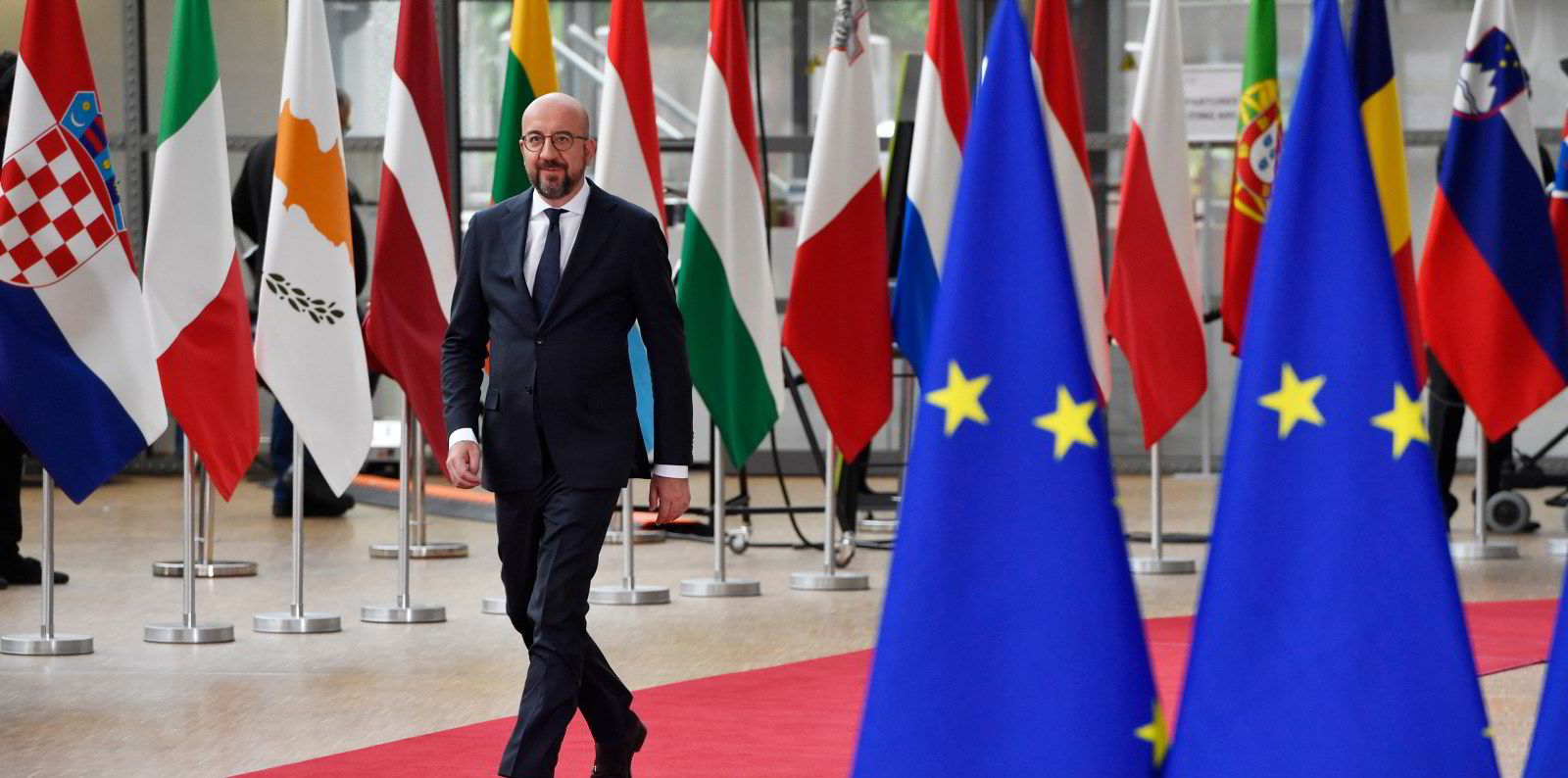European Union leaders agreed early on Tuesday in principle on a sixth package of sanctions against Russia that includes severe restrictions on the country’s oil sales into Europe.
The import ban targets all Russian oil carried into the 27-member bloc by sea.
Oil carried by pipeline is temporarily excluded, in order to overcome objections by landlocked EU member Hungary, which fears of being starved of energy.
Furthermore “there is a ban on insurance and re-insurance of Russian ships by EU companies”, European Commission president Ursula von der Leyen said.
This will be paired with a ban on EU companies to provide “a whole range of business services” to Russian firms and the de-Swifting of Sberbank, Russia’s biggest lender.
Von der Leyen and European Council president Charles Michel announced the measures in a late night press conference in Brussels, after hours of haggling with EU leaders in Brussels.
Ninety percent to be affected
The implementation schedule of the oil import ban remains sketchy. In their official communique released in the night to Tuesday, the EU leaders merely state: “The European Council agrees that the sixth package of sanctions against Russia will cover crude oil, as well as petroleum products, delivered from Russia into Member States, with a temporary exception for crude oil delivered by pipeline.”
Michel said the import ban will have “an immediate impact on 75% of Russian oil targeted by this measure”.
According to respected French newspaper Le Monde and German state radio Deutschlandfunk, however, the import ban will be gradual and stretch over six to eight months. That’s also in line with the initial sanctions plan unveiled by the EC in early May.
EU-based shipping companies will not be banned from carrying Russian oil to countries still willing to buy it, like Russia and China, Le Monde said.
Following pledges by Germany and Poland to wind down imports of Russian oil carried through the Druzhba pipeline as well, EU restrictions will rise to “almost 90%” of Russian oil by the end of the year, von der Leyen said.
“I am very glad that the [EU] leaders were able to agree in principle… thanks to this the council should now be able to finalise a ban on almost 90% of all Russian oil imports by the end of the year,” according to von der Leyen.
“We will soon return to the issue of the remaining 10%,” she added.
The EU already decided in April to phase out Russian coal imports and barred Russian ships from accessing EU ports.
The ban has led to a spike of Russian coal imports into the EU before it kicks in in August, with charter rates rising, occasionally, to eye-watering levels.
Russian natural gas remains a different story, given Europe’s particularly high dependency on it.



